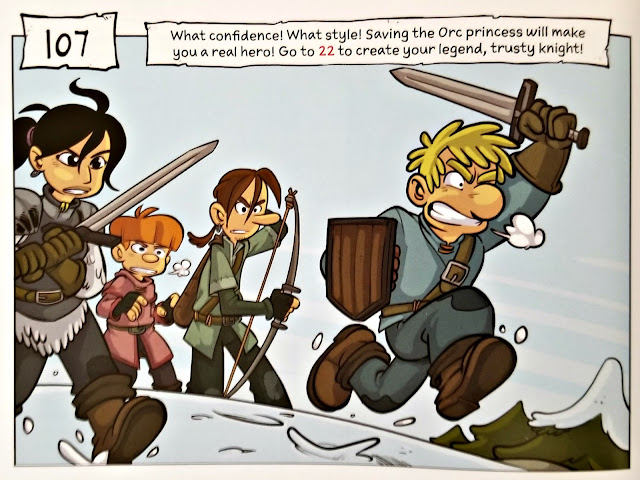

Rejecting British taxes and other oppressive dictates, the women of America were central to the boycott of British goods and to efforts to provide alternatives, such as the production of American “homespun” to replace imported fabric. Life became even tougher as tensions increased between Britain and the colonies. Others struggled to maintain farms and families, often on limited incomes and frequently, like most women of the period, during repeated pregnancies, struggling through childbirth, nursing, and the deaths of their children.

As well as raising a family, Deborah Read, for example, helped run Benjamin Franklin’s businesses and even the colonial postal service while her husband spent years living in London. Many endured long periods of loneliness and isolation while their husbands served their nascent nation. These lower-status women’s stories are now impossible to tell, so Roberts’s “Founding Mothers” are all of relatively high-status, with at least some formal or informal education, but their stories still provide valuable insight into the lives of women during the birth of America.ĭespite their relative privilege, the Founding Mothers led difficult lives. Roberts highlights that, while Eliza was remarkable, she had access to resources, education, and male support, which were absent for most colonial women.

These women include figures like Eliza Lucas Pinckney, who, as well as raising Charles and Thomas Pinckney-central figures in the fight for independence-also ran three plantations from the age of 16, shaped the agricultural practices and economy of South Carolina, and served as a lawyer for her poor neighbors. Drawing on primary sources including published writings, journal entries, and, especially, letters, Roberts explores the lives of several key women of the period.

Founding Mothers is her effort to redress the balance by highlighting women’s contributions, thus making it easier for girls to engage with their history. However, she recognizes that she heard next to nothing about the women of the period and, consequently, found it hard to relate to the stories. In her introduction, Roberts recalls her childhood delight at hearing tales of her ancestor William Claiborne, who met the Founding Fathers.


 0 kommentar(er)
0 kommentar(er)
